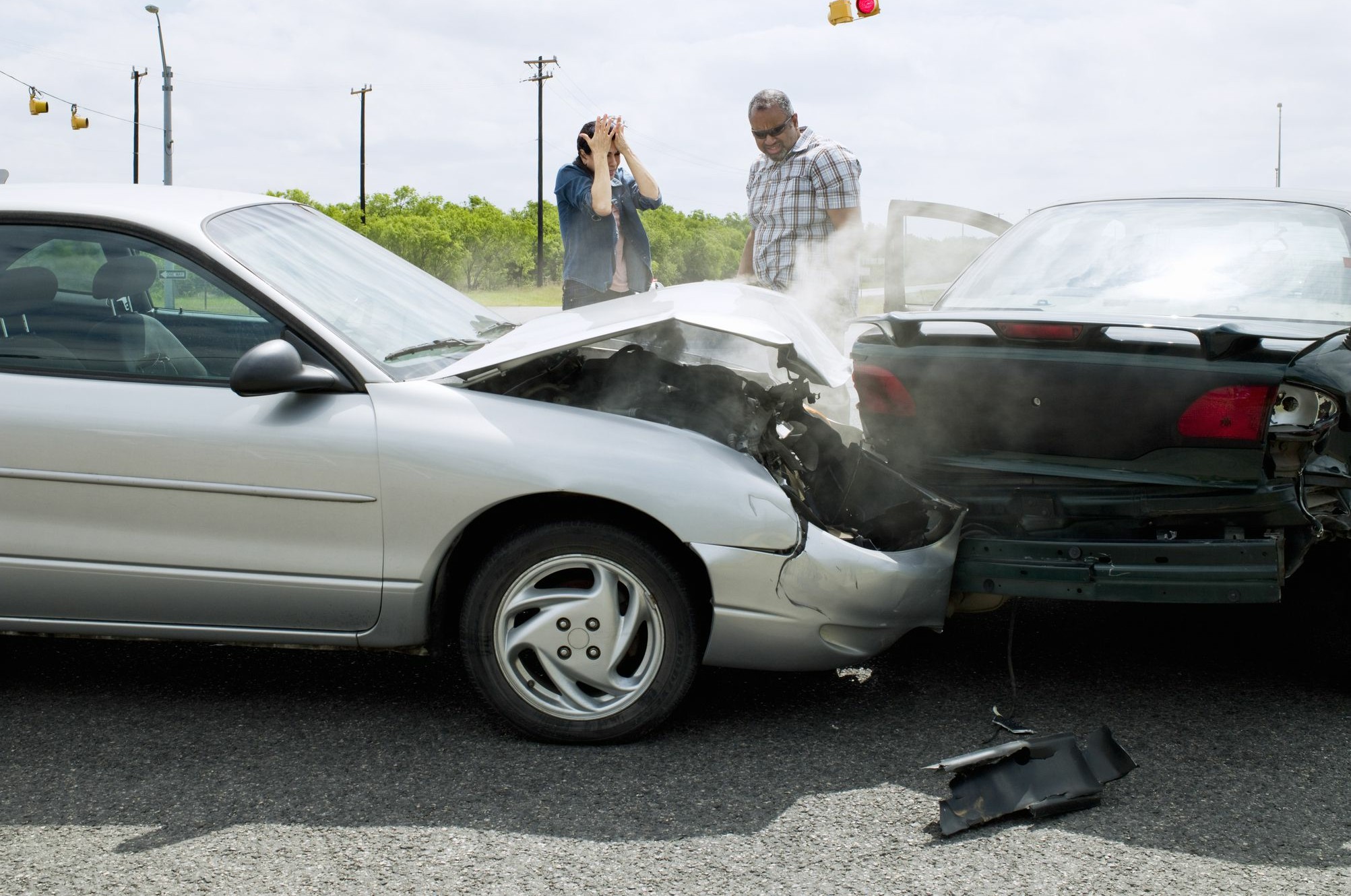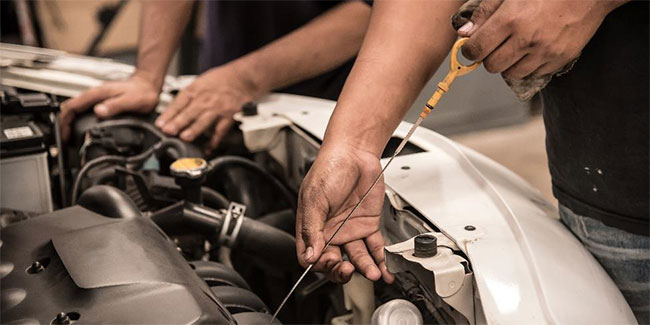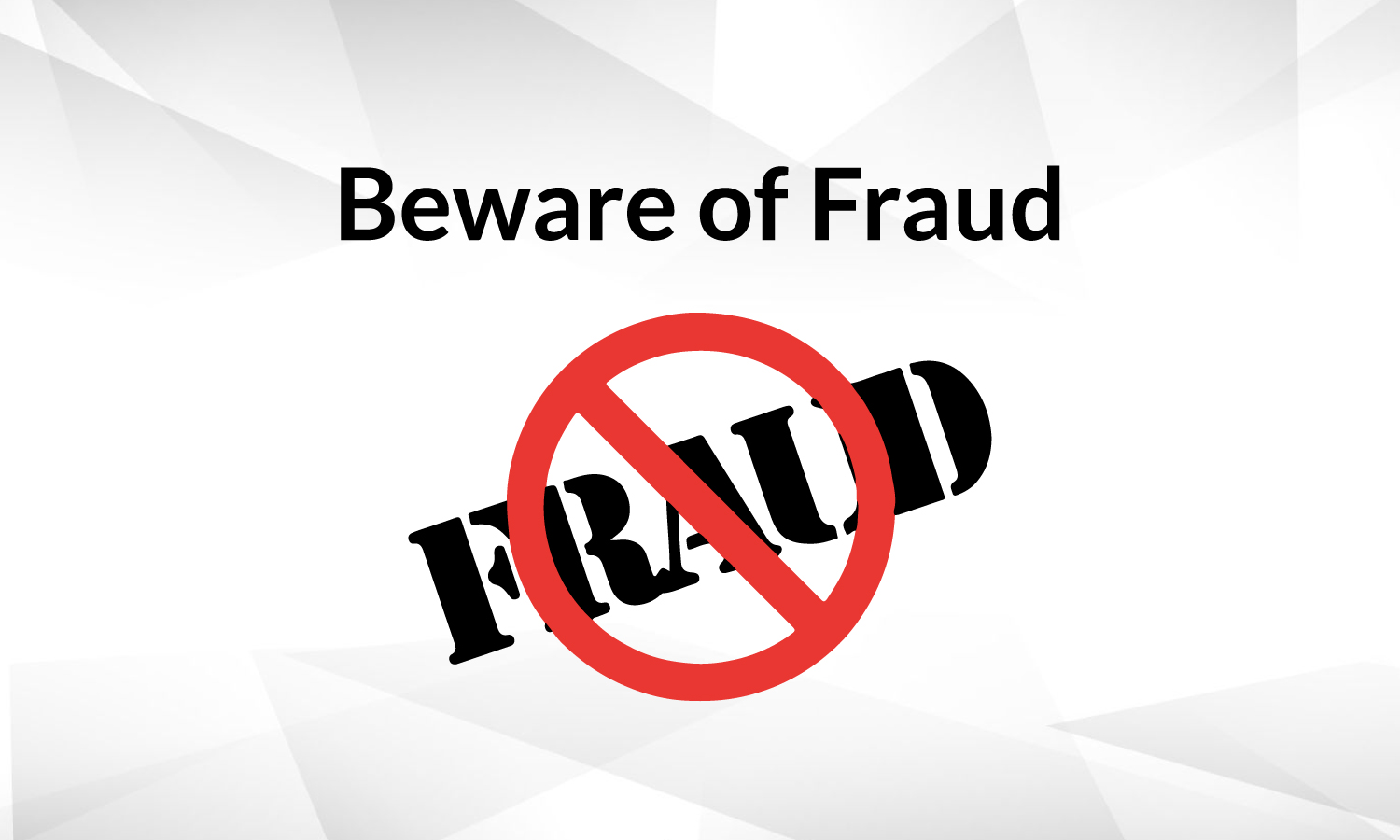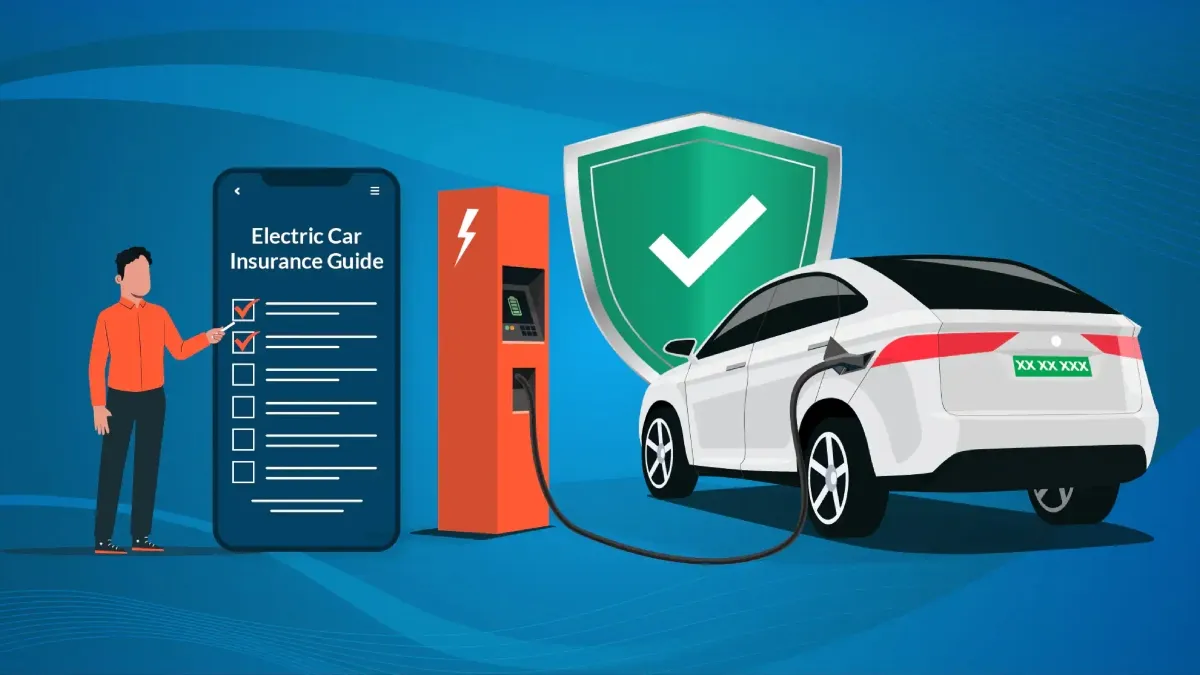
Table of Content
▼Filing a motor insurance claim can be a complex process and requires you to thoroughly understand your policy and follow the correct claim process. In some cases, the insurance company may deny your claim for certain reasons. Here's a guide to help you navigate the intricacies of motor insurance claims.
Compare and choose the right insurance policy
Selecting the right insurance policy is the foundation for minimising claim rejections. Start by conducting thorough research and comparing policies from different insurance companies. Look for policies that provide comprehensive coverage for both liability and personal injury. It is important to note that, in general, all comprehensive plans have standard coverage. Additionally, be sure to carefully review your policy's terms, conditions, exclusions, deductibles, and limitations to fully understand what is covered.

Provide accurate and complete information.
During the application process, it is crucial that you provide accurate and complete information to your insurance company. Disclose all relevant details, including your previous No Claims Bonus (NCB), any modifications made to the vehicle and any additional drivers who will be using the insured vehicle. Failure to disclose such information can lead to claim rejection or even the policy cancellation if discovered later. Remember, honesty is key when it comes to insurance applications.
Below is a list of documents needed while filing a motor insurance claim:
- Claim form
- Driving license
- Fitness certificate (commercial vehicles)
- Registration certificate book
- Final bill from repairs
- Police FIR (depending on cause of accident)

Understand policy coverage and exclusions
Take the time to fully understand your insurance policy's coverage and exclusions. Read the policy document carefully, paying attention to specific situations that may result in a claim being denied. These situations could include driving under the influence, unauthorized use of a vehicle, participating in illegal activities, or driving on prohibited roads. By being aware these exclusions, you can take necessary precautions to avoid a claim rejection.

Document accidents and damages
In the event of an accident, documenting the accident and resulting damage is crucial. Take photographs of the vehicle and accident scene, gather witness statements, and file a police report if necessary. Notify your insurer immediately and provide them with all relevant details, such as the date, time and location of the accident, as well as contact information for other parties involved. Clear and comprehensive documentation will strengthen your claim and reduce the chances of rejection.

Promptly report and cooperate
Time is of the essence when it comes to reporting an accident or filing a claim. Most insurance policies have specific time frames within which you must report an accident. Failure to notify your insurance company immediately may result in denial of the claim. Once the accident is reported, cooperate fully with the insurance company's investigation process. Submit all required documents, data and information immediately. Transparent and timely communication is critical to a successful claim.

Maintain regular vehicle maintenance
Regular vehicle maintenance plays an important role in preventing claim denials. Comply with the manufacturer's recommended service schedule, maintain all service records, and correct any mechanical problems promptly. Failure to properly maintain your vehicle can result in a claim being denied if the insurance company can attribute the damage to negligence or lack of maintenance. Make sure your vehicle is roadworthy and meets all safety requirements.

Beware of fraudulent practices
Insurance fraud is a serious offense and insurance companies take strict measures to combat it. As an insured, it is essential to avoid engaging in fraudulent activities. Examples include providing false information, exaggerating damages, or staging accidents. Engaging in such practices will not only lead to rejection of the claim, but may also have legal consequences. Maintain your integrity throughout the claim process and provide accurate information.
Minimising the chances of a rejected motor insurance claim requires careful consideration and adherence to policy terms and conditions. Remember, proactive measures taken before an accident occurs can protect you from potential claim denial and ensure a smoother claims process.
Also Read: All You Need to Know About Standalone OD Insurance
Deepika Chauhan
Auto Care Specialist & Vehicle Maintenance Advisor Deepika Chauhan is a car care expert with 8+ years of experience in authorized service centers and independent garages. Her articles focus on DIY maintenance, service schedules, and tips that help car owners keep their vehicles in top condition.


_1740733727.webp)
_1770807147.webp)

